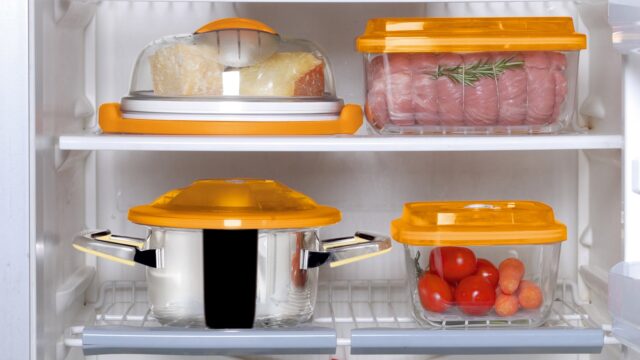How to avoid wasting food and trim your grocery bills
The cost of living is rising, and so are food prices. Here are a few tips to help you spend less on groceries.

How many times have you gone to the supermarket or fresh produce market and walked out with bags full of food that you ended up throwing away because it went bad before you could eat it?
Throwing away food in these harsh economic times is tantamount to tossing out hard earned money. Food prices have increased due to the high inflation rate and purchasing power is limited.
There are, however, a few tips one can implement to save money and stop wasting food.
- Make use of your leftovers
Do you normally buy lunch every day? Why not save that money and carry left overs instead? Or eat the leftovers in the morning instead of buying breakfast. But if you don’t like eating the same meal in a row, you can reinvent your meals. For example, you can turn leftover rice into vegetable fried rice, or turn wilted fruits into smoothies.
You can also freeze your leftovers and eat them on nights you don’t feel like cooking. And if you want to store them in the fridge, do so in a clear container, where you can easily see it so that it doesn’t disappear to the back only to be discovered after it has gone bad.
2. Make a grocery list
Shopping with a grocery list will keep you on track of your spending and help you to resist the urge of impulse buying. When making the list, have the meals you want to make in mind to avoid buying unnecessary ingredients.
3. Prepare smaller portions
If you have a big family to feed, then it only makes sense to make large portions of food. But if you live alone, cooking a lot of food may mean it will probably go to waste. When you write down your grocery list, work out the portions you will need so you don’t go overboard while shopping. However, if you cook in bulk, preserve leftovers for subsequent meals and serve small portions so that you don’t throw away what’s left on your plate.
4. Have a meal timetable
A meal timetable will help you know what you need in the kitchen for the week or month for meal times, and it will help you to shop sensibly.
5. Meal prep
Meal prep, short for meal preparation, will save you time, money and effort. When you prepare your meals for the week, you will save money by following your food budget. Meal prepping also encourages you to eat healthier and avoid buying junk food or eating out knowing you have a fridge full of food.
6. Learn how to store food in the fridge for longer
Store foods in the right parts of the fridge to make them fresh for longer. Leftovers should be kept in leak-proof airtight containers. Meat, fish and poultry should be kept in the coldest spot in your fridge. When you buy something new like milk or cheese, rotate the items so that you use the older ones before their expiration date. Freeze perishable items until you are ready to use them. These items can be bought at their cheapest price and the extra frozen.
7. Pay attention to sell-by and use-by dates
When buying packed groceries or other perishable items, ensure you read the labels to find out how long they have before they go bad. Confusion of the labelling dates may lead to food wastage. The sell-by label is meant for retailers, informing them of the date the product should be sold or how long it can stay on the shelf. The use-by date is for consumers telling them the date by which the product should be eaten. After the use-by date, however, the quality of the product is likely to go down and its safety becomes questionable.
